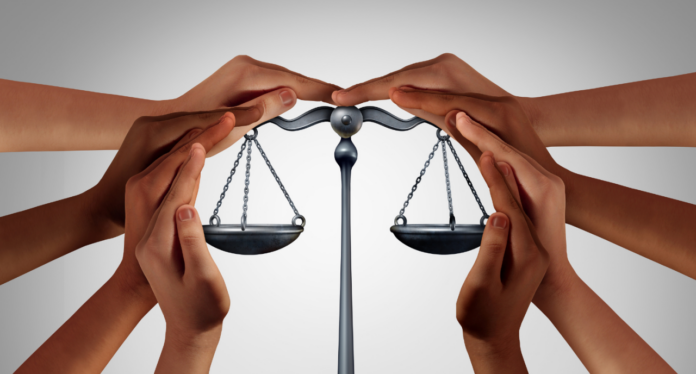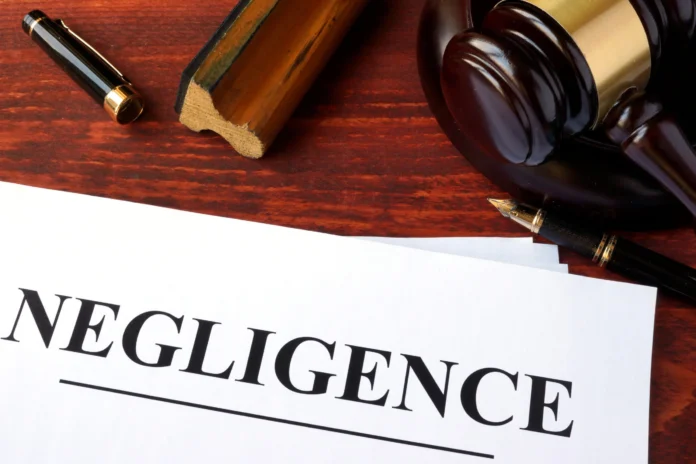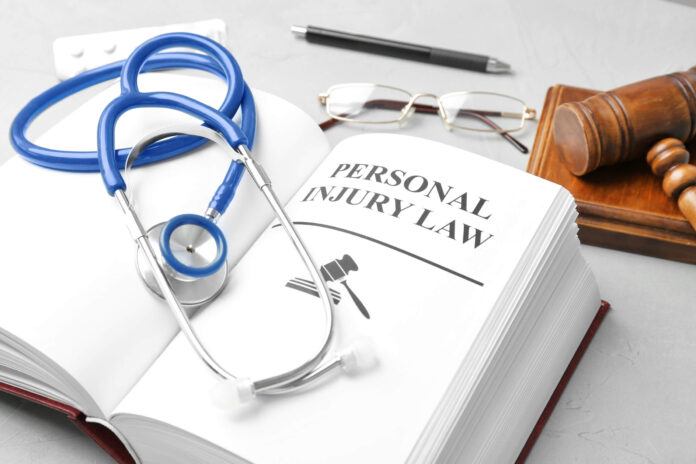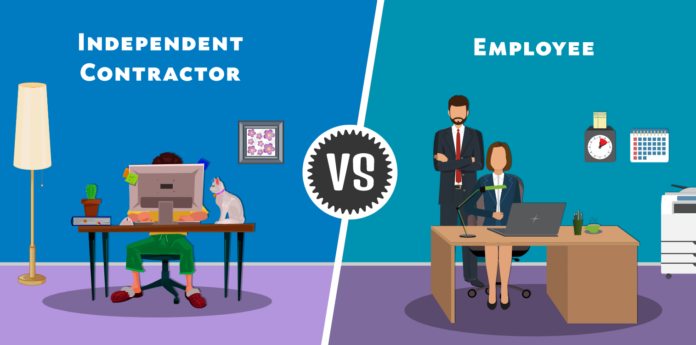The gig economy has exploded in recent years, with more and more people choosing – or finding themselves needing – to work as freelancers and independent contractors. It’s a brave new world out there, folks, and it’s not without its challenges. One such challenge is navigating the murky waters of personal injury law when you’re not a traditional employee with a clear-cut employer to hold accountable for any accidents or injuries.
But fear not, my fellow freelancers, as we delve into the nitty-gritty of personal injury law and how it intersects with the gig economy, you’ll find that there are ways to protect yourself and seek justice if you’re injured on the job. So, buckle up and let’s dive in.
The gig economy has revolutionized the way people work and do business. More and more people are turning to freelancing and independent contracting as a way to earn a living. While this new way of working offers many benefits, it also presents unique legal challenges, especially when it comes to personal injury cases. In this blog post, we will explore the intersection of personal injury law and the gig economy and discuss ways to protect freelancers and independent contractors.
Legal Protection for Gig Workers: It’s a Whole New Ball Game

Traditional employees typically have a slew of legal protections in place to safeguard them from workplace accidents and injuries, including workers’ compensation insurance. But when you’re a freelancer, it’s a different story altogether. You’re often considered an independent contractor, which means you’re not entitled to workers’ compensation and other benefits that full-time employees enjoy. It’s a harsh reality, but it doesn’t mean you’re completely out of luck if you’re injured while working a gig.
Independent Contractor vs. Employee: What’s the Diff?
The main difference between an independent contractor and an employee is the level of control the employer has over the worker. For example, employees are typically required to follow specific rules and guidelines set by their employer, whereas independent contractors have more flexibility in how they complete their work.
This distinction can have a significant impact on your legal rights if you’re injured on the job. As an employee, you’re generally entitled to workers’ compensation benefits, which can cover medical expenses, lost wages, and more. But as an independent contractor, you’re usually left to fend for yourself when it comes to covering these costs.
Misclassification: When Employers Play Dirty

Sometimes, employers will try to classify workers as independent contractors to avoid paying workers’ compensation insurance and other benefits. This is called misclassification, and it’s a sneaky – not to mention illegal – practice. If you suspect that you’ve been misclassified, it’s essential to seek legal advice to determine your rights and potentially challenge your classification.
Personal Injury Lawsuits: A Gig Worker’s Best Friend?
If you’re an injured gig worker who’s been left high and dry without workers’ compensation, you may be wondering what your options are. Enter personal injury lawsuits, a potential lifeline for freelancers and independent contractors who’ve been injured on the job.
Negligence: The Name of the Game

To win a personal injury lawsuit, you’ll generally need to prove that the defendant (the person or company you’re suing) was negligent. Negligence is a legal concept that refers to a person or entity’s failure to exercise reasonable care, resulting in harm to another party.
For example, let’s say you’re a delivery driver for a popular food delivery app, and you slip and fall on a wet floor at a restaurant while picking up an order. If the restaurant failed to put up a “wet floor” sign or take other reasonable precautions to prevent accidents, they could be considered negligent, and you may have grounds for a personal injury lawsuit.
Damages: Show Me the Money
In a personal injury lawsuit, you’ll typically seek damages (monetary compensation) for your injuries and losses. These may include medical expenses, lost wages, pain and suffering, and more. Of course, it’s important to keep in mind that there are no guarantees in the world of personal injury law, and every case is unique. But with the right legal representation, you may be able to secure a fair settlement or verdict to help cover your expenses and get back on your feet.
Fun Fact: Did you know that the largest personal injury verdict in U.S. history was a whopping $4.9 billion awarded to a family who was injured in a car accident caused by a defective fuel system?
Protecting Yourself as a Gig Worker: Prevention is Key

While personal injury lawsuits may be an option for injured gig workers, prevention is always the best medicine. Here are some tips to help you stay safe while working in the gig economy:
- Know your rights: Familiarize yourself with the laws and regulations governing gig work in your jurisdiction. This knowledge will empower you to stand up for your rights and seek justice if you’re injured on the job.
- Take safety seriously: Always prioritize your safety while working, whether that’s wearing appropriate protective gear, following safety procedures, or addressing hazards promptly.
- Document everything: In case you’re injured on the job, it’s crucial to have detailed records of your work and the incident, including photographs, witness statements, and any communications with your gig platform or clients.
- Seek legal advice: If you’re injured, don’t hesitate to consult with an experienced personal injury attorney who can help you navigate the complexities of personal injury law and gig work.
For example, if you were injured in a slip and fall accident at a grocery store while working as an independent contractor, you may want to consider seeking a kroger slip and fall settlements expert to help you navigate the legal process and secure the compensation you deserve.
In Conclusion: Don’t Let the Gig Economy Get the Best of You
The gig economy is full of opportunities, but it also presents unique challenges when it comes to protecting yourself from workplace accidents and injuries. By staying informed about your rights, prioritizing safety, and seeking legal advice when necessary, you can help ensure that you’re prepared to face whatever hurdles come your way as a freelancer or independent contractor. Remember, you’re not alone in this journey, and there are resources and professionals available to help you navigate the intersection of personal injury law and the gig economy.










